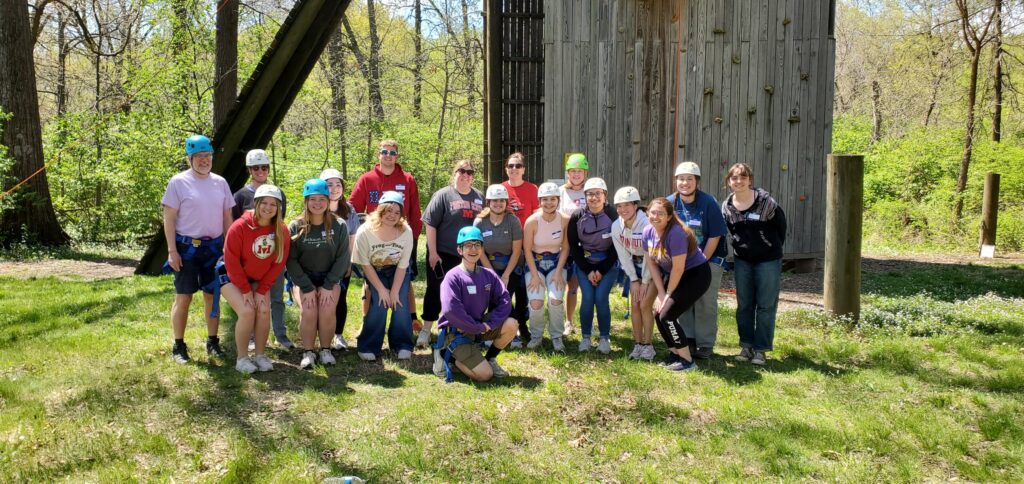As all in rural education understand, there is an ongoing and pervasive shortage of educators in rural schools. Although the most recent IARSS Educator Shortage Report: Academic Year 2024 – 2025 recently published by the Illinois Association of Regional Superintendents of Schools and the Illinois State Board of Education points to promising trends that the shortage might not have worsened in the current school year, rural areas around the state are still struggling under severe shortages and high rates of under-certified staff. Part of the problem is traditional pathways into the education profession that are often too costly, time-intensive, and ultimately uncertain. At the same time, there is a strong campaign of negativity aimed at the school system and teachers. These challenges and more have made a commitment to rural education less enticing to potential future educators.
One proven way of combating these challenges is the notion of a Rural Teacher Corps (RTC). The RTC model has its roots in rural Missouri, and has steadily spread out across the nation over the years. At their core, RTCs inspire people to become rural educators through intentional training on rural schools and communities, community-building with other future and current rural educators, strong positive messaging about the benefits of rural education, and often various financial incentives. As some of these early RTC models have matured, they have shown themselves effective at surmounting these barriers and creating an effective pathway into the classroom with long-term retention.
Illinois is fortunate to be the home of four active RTC programs, the most out of any other state in the country: The Great River Teacher Corps at Western Illinois University, TARTANS at Monmouth College, The Knox College Rural Teacher Corps, and the Rural Schools Initiative at Eastern Illinois University. In their own distinctive ways, each of these RTC programs is redefining the traditional teacher preparation experience, creating new truthful narratives about the education profession, and providing an effective solution to the rural educator shortage.
To further build solidarity among students and the programs, the WIU Great River Teacher Corps hosted Monmouth College and Knox College at a joint RTC Spring Retreat at the WIU Horn Field Campus in April. This first-of-its-kind event had students build relationships with their peers and future teacher colleagues from other schools through guided mindfulness activities, place-based education demonstrations, and physical challenges on the high ropes course. Like any good camp retreat, students and program directors enjoyed s’mores and bonfire at the end of the day and were able to recap their experience the following morning. By participating, these rural school-bound future teachers learned the power and potential of rural education, gained real skills in blending nature and place into their curriculum, and understood how to tell a different story about the value of public education in small communities.
AIRSS Program Director John Glasgow was invited to attend the event. During lunch, he offered a quick presentation to the teachers-to-be on the work of AIRSS and importance of teacher leadership and rural school advocacy. He welcomed them to follow the association’s work and to encourage their future districts to join AIRSS in the collective work of seeking equity and inclusion in state policy and practice. Thinking back on the event, he recalls: “It’s been a dream of mine for some time to see these efforts come together for an event like this. I really think it’s a great chance for students to connect with each other, for the programs to learn from each other, and for us as AIRSS to share how we’re here to help support.”
Events like these that strengthen common sense ideas for rural teacher preparation are essential if we want to sustain proven pathways into rural education. The Association of Illinois Rural and Small Schools is an ardent supporter of the RTC model, and believes that Illinois can be a national leader in defining the rural teacher preparation experience.

